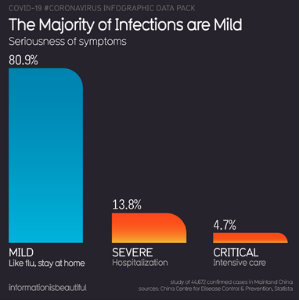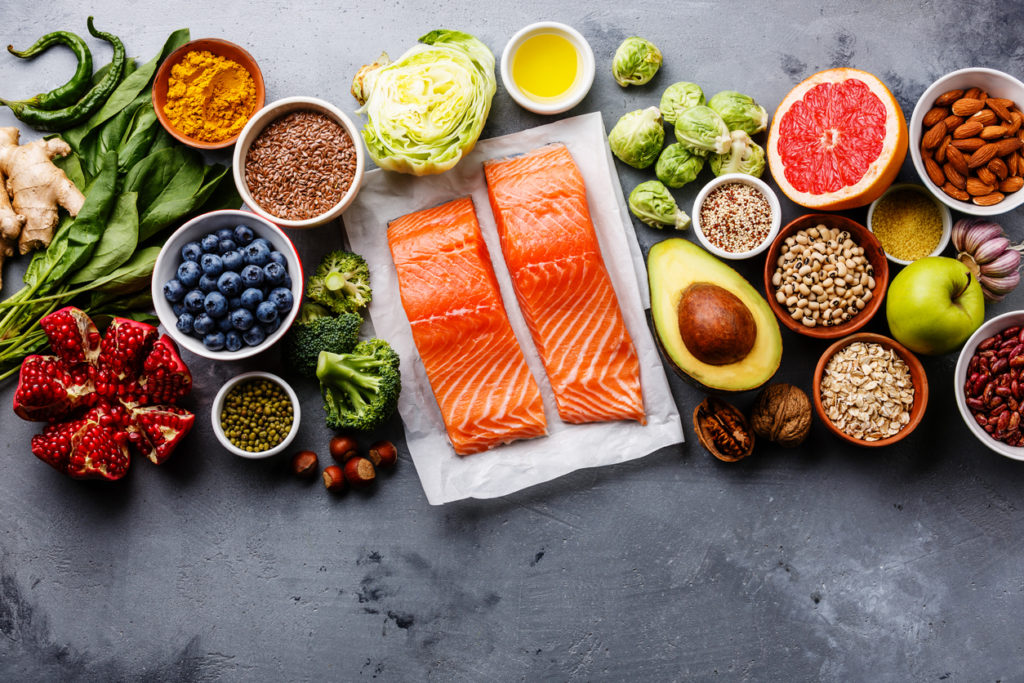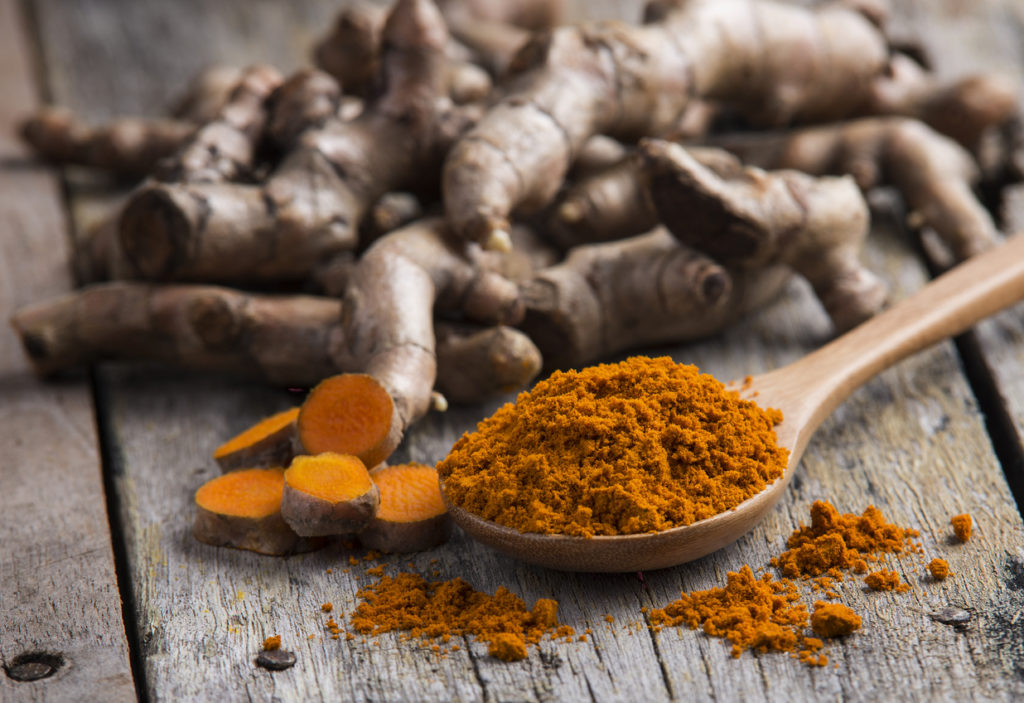As the effects of COVID-19 (coronavirus) continue to impact the lives of us all, we want to update you on what we are doing to support you, your health and safety during this difficult time.
Our clinic is following Australian Health Department Guidelines and continues to run as close to normal as possible.
So, yes we are open to take care of your health needs with normal clinic hours, not only with existing health concerns, but with advice on how best support your immune system during this Pandemic.
Phone or Zoom/Skype Consultations
We offer as usual a full in house clinic service at 1 Ward street Ashburton, however if you prefer we also offer Phone and Skype/Zoom consultations.
Waiting Room
We have always done our best to limit your time in the waiting room. We may ask you to wait in your car if anyone else is waiting.
Please come into the clinic by yourself, unless you are under the age of 18 or have a disability and need assistance.
Products
We also offer postal delivery services of products via Australia Express Post. You are also welcome to pick up health products from the clinic.. please ring the order through beforehand and we can have the order waiting for pick up. We are well prepared and well stocked.
Self Care
This is a stressful time for everyone. Many stress releasing activities such as social gatherings, hobbies, gyms, concerts are temporarily closed. Do what you can to connect with friends and relatives via phone and social media.
Make time for walking in the fresh air, meditation, catching up on reading or other projects that have been put on hold.
I also feel strongly that nutrition plays a big role in not only immune health but in health generally. Maintaining good routines with exercise, sleep, fresh clean meals and appropriate targeted nutrients will go a long way in ensuring we all meet this challenge as best we can. Nutrients like Vit C, D and Zinc along with immune boosting herbs have a big role to play here.
Social distancing is the most effective way to slow the transmission of the virus. This is important to “flatten the curve” and keep hospitals from becoming overloaded, like they were in China and are currently in parts of Italy.
Thank you for your cooperation as we work to protect the health and safety of our patients, staff and visitors.
Kind regards
Luke Clarke







